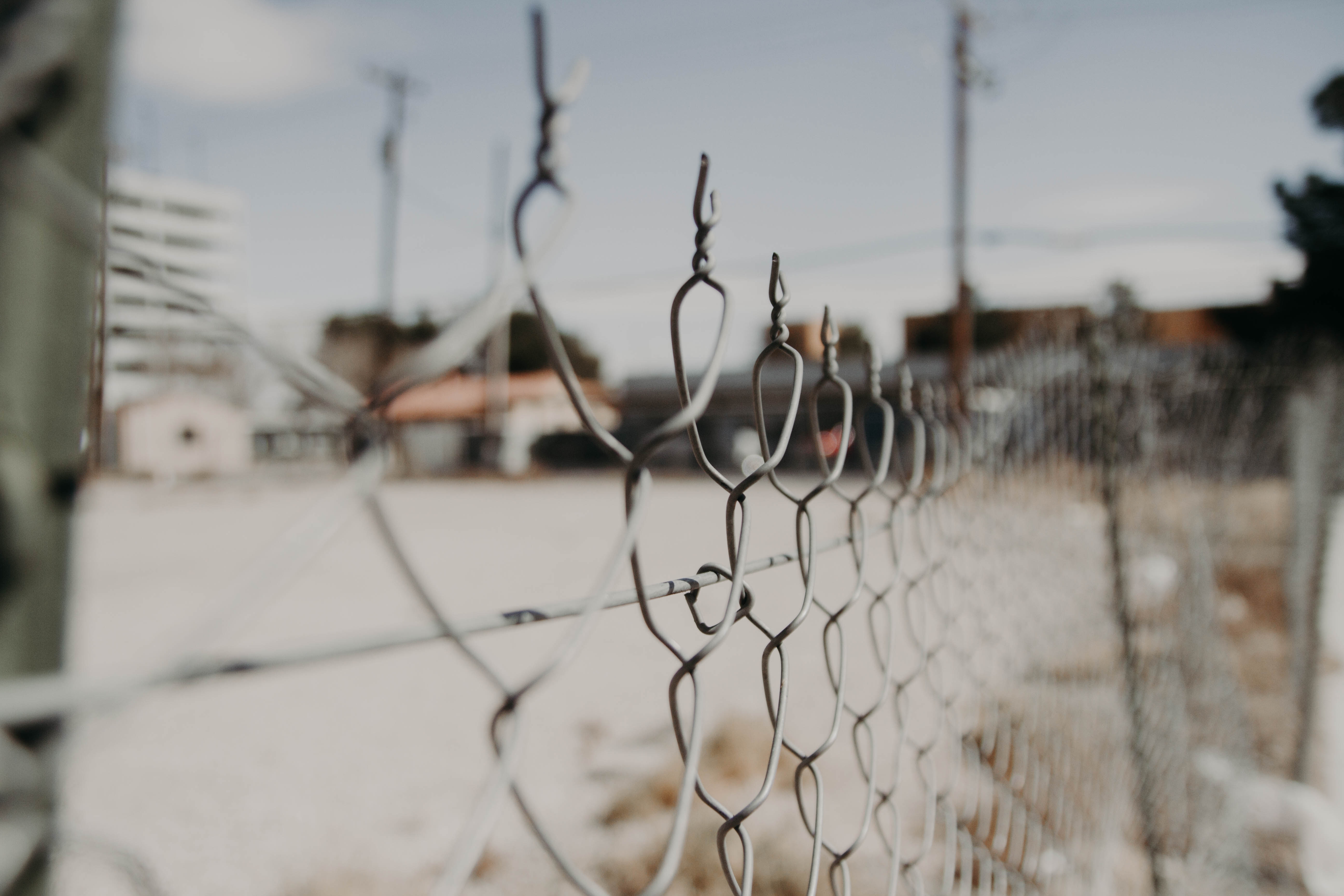 At the 2018 National Sheriffs Association annual conference in New Orleans, a common phrase heard was “Jails should not be community mental health centers.” Mental Health Centers can turn people away; jails cannot. So is it the right thing to keep mentally ill people out of jail?
At the 2018 National Sheriffs Association annual conference in New Orleans, a common phrase heard was “Jails should not be community mental health centers.” Mental Health Centers can turn people away; jails cannot. So is it the right thing to keep mentally ill people out of jail?
A new bill in Sacramento seems to address that, but has some people concerned. The bill, AB1810, states that if someone convicted does not have a previous record but does have a treatable mental disorder, they could be kept out of jail.
The goal of AB1810 is to keep people charged with crime out of jail if the crime was committed because of mental illness. The intent behind the bill is understandable. What to do with the wait list of people in California that are considered mentally incompetent to stand trial? And what to do with them once they are incarcerated?
Concerns are raised that people with a mental health disorder would not be held accountable for crimes under the stipulations of the bill. There are also further complications as far as what is considered a mental illness.
But criminal justice reform is clearly needed, especially when it comes to mentally ill inmates.
The types of punishment in correctional facilities is an issue. Punishment is used when prisoners are not following the rules but in some cases, depending on the mental illness, an individual may have trouble comprehending the rules.
Perhaps they genuinely do not understand what they are asked to do or their symptoms of paranoia has them believing a rule isn't something they should follow. And once they're put into solitary confinement, symptoms of paranoia may only increase. Solitary confinement, where an inmate spends 23 hours a day in a windowless room, will harshly impact anybody including those who are not currently struggling with a mental illness.
Another example is when prisoners are punished for self-harm, a behavior associated with certain disorders such as a borderline diagnosis, yet likely viewed by correctional officers as a suicide attempt when that's not necessarily the case.
Yes, there is legitimate concern about mentally ill people not getting the treatment that they need while in prison, but this is not the fault of correctional officers. They were trained to maintain order in the correctional facilities in which they work, not to become mental health counselors. Yet, these are the same people at the front lines of dealing with day-to-day issues surrounding inmates without the training to handle mental health symptoms.
The job of a correctional officer is to control the environment and if someone with a mental illness does not respond to a command by the correctional officer, the officer may speak louder or repeat themselves causing the situation to escalate. And with HIPAA rules, officers may not even have access to the medical records to help them understand the prisoners in their unit.
Although there may be some counselors available, most facilities are understandably not ideal places for therapy to be conducted. Privacy is not guaranteed so some of these conversations with a therapist, if they do happen, could be overheard by other inmates.
There was a recent high profile case of Benjamin Thomas Samuel McDowell, a 31-year-old from Conway, South Carolina. He pled guilty to his intent to create an attack “in the spirit of Dylann Roof”, who killed members of an AME church in South Carolina. McDowell was sentenced to two years and nine months in prison and three years of supervised release. Was prison the right consequence for an individual who was diagnosed with schizoaffective disorder and bipolar disorder? Who also has a low cognitive functioning level and intellectual ability below average? What can we expect when he is released?
The point is not to state that sending McDowell to prison was wrong. There was clearly a safety issue for the public and a serious crime. Rather, the point is that someone going into prison is only the beginning. The question remains of what happens after they are are released. Will AB1810 help address that by not putting the mentally ill into jail or will it cause a whole new sort of issues when they do not?
Tina Arnoldi, MA is a marketing consultant and freelance writer in Charleston SC. Learn more about her and connect at TinaArnoldi.com